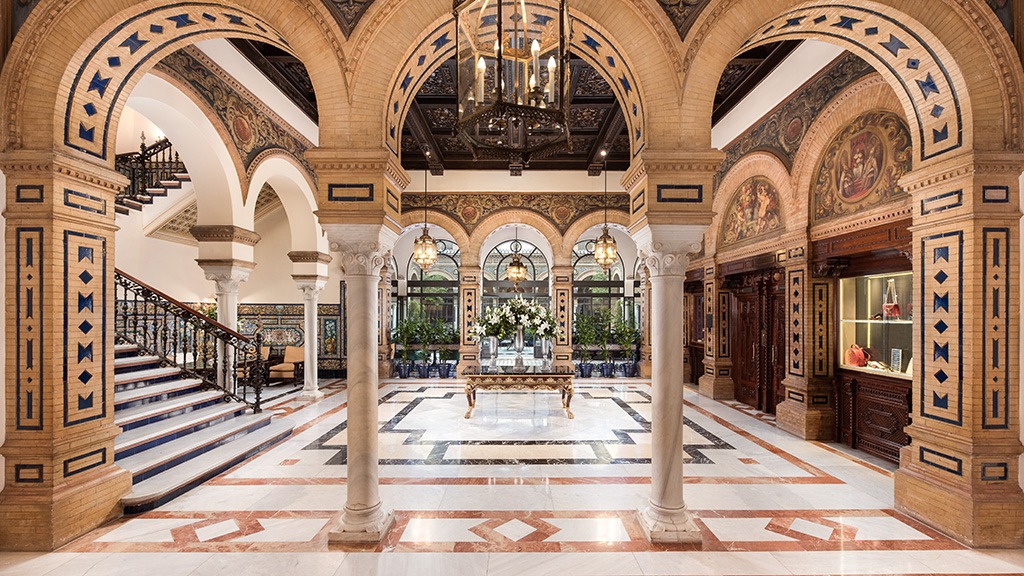A new breed of British traveller is rewriting the rules of indulgence. Forget the week-long five-star escape or the blow-out spa weekend; 2026 will be the year of the “lux-scape” — a targeted burst of affordable luxury added to an ordinary trip.
According to Marriott Bonvoy’s latest Ticket to Travel report, nearly half of UK adults (46%) have already booked a short luxury stay at the start or end of a holiday. Once seen as a rare treat, the mini-luxury break has become a defining feature of modern travel — reflecting how people balance financial caution with an appetite for premium experiences.
Even in a cost-of-living squeeze, Britons are showing an unshakable desire to travel. Three-quarters (77%) plan the same or more trips in 2026 compared with this year, according to Marriott Bonvoy. Yet while frequency is rising, so is selectivity: travellers are trading quantity of luxury for quality of moments.
This shift marks the evolution of the value-luxury mindset — spending more intentionally on elements that create emotional or sensory impact. A “lux-scape” might mean two nights in a design-led boutique hotel at the end of a family holiday, a first-class train upgrade to cap a business trip, or a Michelin-star dinner en route home. The indulgence is short — but symbolically significant.
Andrew Watson, Chief Commercial Officer for Marriott International EMEA, says this trend stems from a deeper change in consumer psychology: “People still want to reward themselves, but the definition of luxury has changed. It’s no longer about extravagance — it’s about intention. Travellers are curating special moments within their trips that feel personal, restorative and memorable, without needing a huge budget.”
Post-pandemic, luxury is increasingly tied to wellbeing and control. British travellers now cite time with loved ones and personal passions — from gastronomy to culture — as top reasons to get away. A well-timed indulgence can transform a standard itinerary into an experience that feels rejuvenating and justified.
Marriott Bonvoy’s data shows that 31% of travellers are willing to pay extra for late check-out, 27% for early check-in and another 27% for a preferred room location — small gestures that reinforce autonomy and comfort. “Smart luxury,” Watson notes, “is about flexibility. It’s the freedom to tailor a trip around your rhythm rather than the hotel’s.”
The rise of the AI travel planner is accelerating the trend. With 62% of Gen Z and 57% of Millennials now using AI tools to research holidays, it has never been easier to slot a premium stay into a broader itinerary. Algorithms are suggesting one-night add-ons in luxury city hotels, or end-of-trip wind-downs at spa resorts that fit travellers’ budgets and schedules.
Paradoxically, the same fiscal caution that has made consumers scrutinise spending is also fuelling the growth of luxury travel. Rather than committing to a costly all-week splurge, travellers are spending selectively — a pattern that benefits high-end brands positioned to deliver emotional impact per pound.
Watson explains: “Travellers are being more strategic with their budgets. Instead of cutting out luxury altogether, they’re allocating it differently — opting for a single extraordinary experience that enhances the overall trip. Hotels that understand this mindset are seeing strong demand for flexible, high-touch options.”
This is evident in booking patterns across Marriott’s premium and luxury portfolio. Weekend stays in city hotels such as The London Edition or W Barcelona are increasingly paired with mid-range beach or countryside escapes. Marriott Bonvoy members, Watson says, “want a taste of something special — design, service, culinary excellence — even if it’s just for 48 hours.”
Looking ahead, the trend points to a democratisation of luxury. Technology, loyalty points and bundled upgrades make premium experiences accessible to a wider audience. At the same time, brands are blending sustainability and indulgence, positioning luxury not as excess but as enrichment.
For Britain’s travellers, that means less guilt and more gratification. The short luxury stay has become the modern equivalent of the vintage long-haul getaway: a meaningful pause, perfectly timed and expertly chosen.
As Watson concludes: “Travel has become more purposeful. People are not chasing status; they’re chasing meaning. The rise of lux-scaping shows that British travellers are mastering the art of travelling smart — and savouring luxury on their own terms.”


